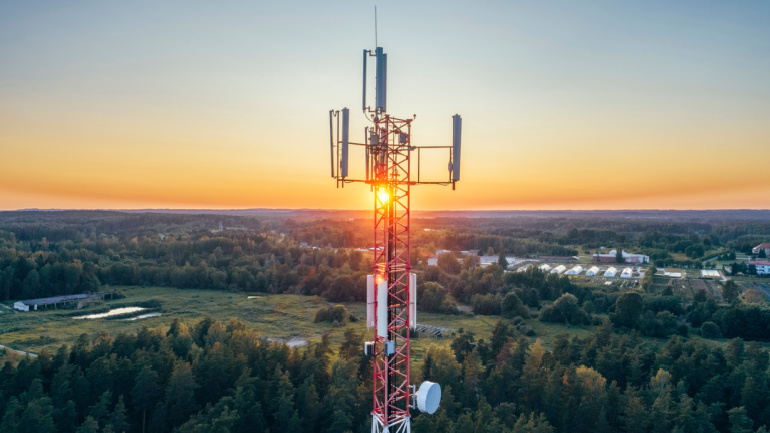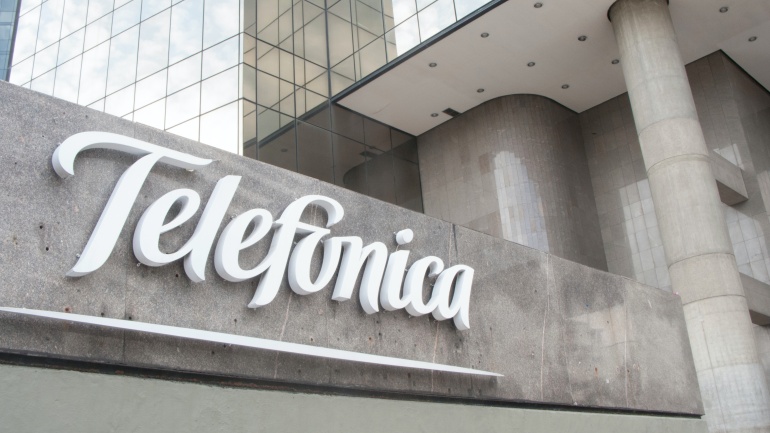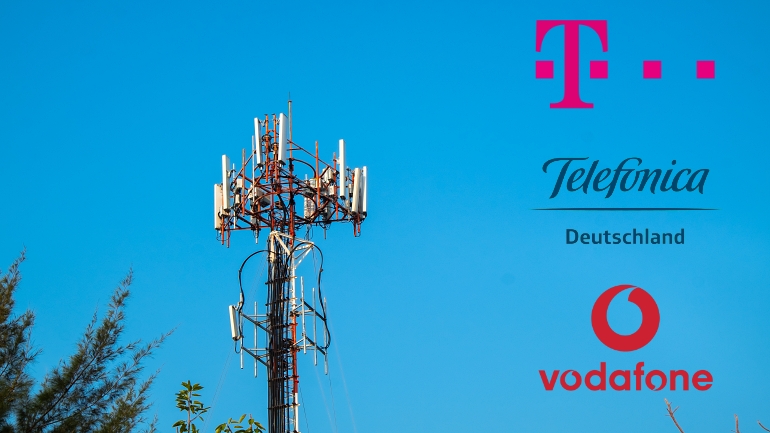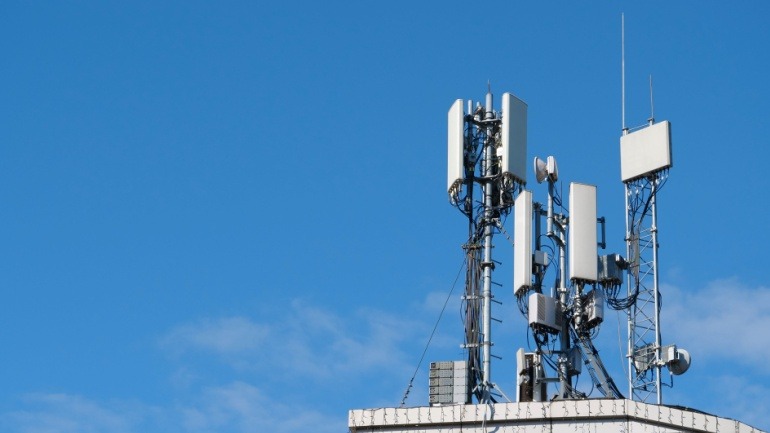Phoenix Tower International’s acquisition of NOVEC’s German unit offers a lucrative entry point into a high-potential European market, despite a downturn in mergers and acquisitions within the tower sector. This pivotal move solidifies Phoenix Tower’s expansion strategy, leveraging Germany’s stature as Europe’s largest economy and a global wireless build-out hub. Intriguingly, Phoenix’s bold move contrasts with rivals like Cellnex, who have curbed spending due to financial pressures. This daring feat underscores the fluidity and continuous evolution in the telecommunications infrastructure sector.
Intel’s massive €30 billion European project advances with state-of-the-art factories in Magdeburg, Germany, boosting job creation and supply chain resilience amid global semiconductor demand. Will the ambitious initiative fulfill high-tech production aspirations?
Telefonica Deutschland has comprehensive plans for a sweeping shut down of its 3G network starting in July, making it the last operator in Germany to phase out legacy technologies in favor of 4G and 5G. Approximately 16,000 3G sites are scheduled to be shut down by the company. The resources that were needed for 3G will now be repurposed for the 4G network by the end of the year. According to the operator, 4G will use the frequencies of current 3G transmitters at 2,100 MHz. This upgrade from 3G to 4G will benefit Telefónica Deutschland’s customers, as well as customers of its other brands, providing a better and faster network. A full upgrade of the first 500 3G sites will begin on July 1st. An additional 1000 sites will be repurposed two weeks later. The regions where the upgrade will begin are Lower Saxony, Saxony-Anhalt, Brandenburg and Mecklenburg-Western…
The three largest telecommunications providers in Germany, Deutsche Telekom, Telefonica and Vodafone, have announced a partnership to build 6,000 new mobile sites in order to improve broadband coverage in the country. The companies are planning to work closely together and share the use of the network, aiming to provide the best possible mobile broadband coverage for customers in rural areas, as well as along road, rail and inland waterway transportation routes. This is a condition that the operators are required to fulfill as specified in the 5G spectrum auction held by German federal regulators earlier this year. Dirk Wossner, Telekom Deutschland’s Managing Director, said, “The planned collaboration is a milestone for network expansion in Germany. Our common goal is to eliminate coverage gaps in the mobile network as soon as possible. Sharing infrastructure is nothing new for us. Sharing it at this scale, however, is a major step in the right…
Ericsson is in talks to invest in Intel’s new networking unit, potentially gaining a small stake. The spinoff will focus on advanced silicon for communications infrastructure, aligning with Intel’s broader strategy to streamline operations and prioritize core areas like AI and CPUs.
Intel is set to spin off its Network and Edge Group (NEX) as part of a strategic optimization to bolster its core focus. This move, aligning with CEO Lip-Bu Tan’s vision, mirrors the successful Altera spin-off, aiming to attract strategic investors and enhance financial stability.
Telefónica is in talks to sell its Mexican mobile unit to Beyond ONE, aligning with its strategy to exit Latin America. This sale could strengthen Beyond ONE’s presence, but regulatory challenges in Mexico might delay the process.
Oracle partners with Bloom Energy to power U.S. data centers with clean fuel cells, boosting AI workload efficiency and sustainability. The swift 90 day rollout supports Oracle’s expanding AI infrastructure and global cloud investments, including billions in Europe.
Vodafone Germany has ingeniously transformed a traditional advertising column into a 5G antenna site in Stuttgart, kickstarting a project to enhance urban mobile coverage. Utilizing Ericsson antennas and fiber optic backhaul, it offers 500 Mbps speeds. This innovation expands Vodafone’s 5G network seamlessly, avoiding the challenges of building large cell towers.
Oracle is investing $3 billion to expand its AI and cloud infrastructure in Europe, focusing on the Netherlands and Germany. The move supports rising demand for sovereign cloud services and digital transformation, with major boosts in Amsterdam and Frankfurt.












